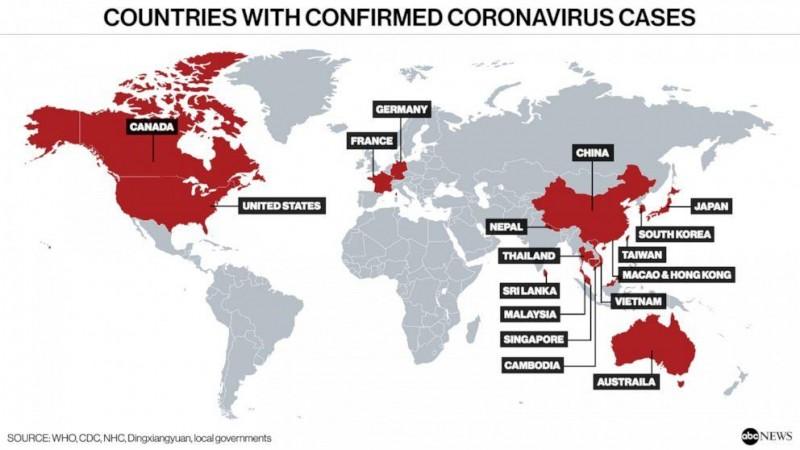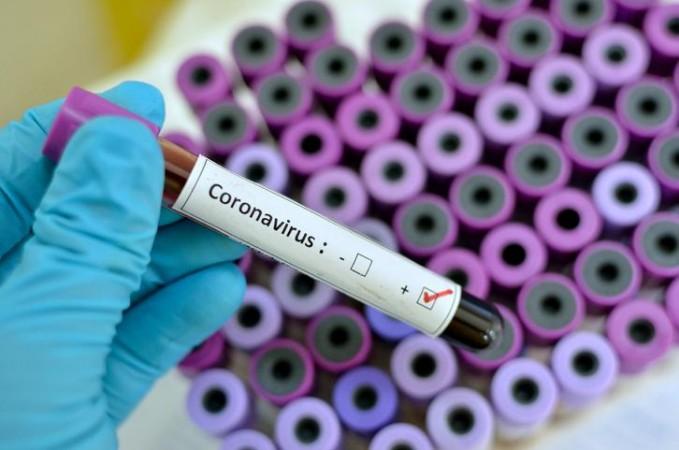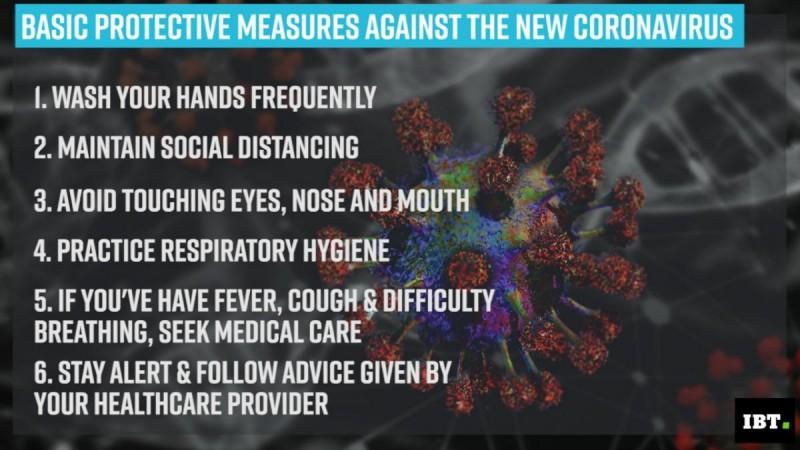The coronavirus outbreak has taken the world by storm in the last couple of days, reporting worldwide deaths of more than 4,500 individuals across 114 countries and infecting over 125,000 people globally. But all those numbers are creating a panic among people, which is why we are offering a positive look at how the disease is being controlled and even cured.
Hope for recovery: Yes, coronavirus can be controlled and cured
Countries and corporate majors have been issuing global advisories to their employees and citizens on methods to self-quarantine if they happen to get in contact with the Covid-19 infected. Almost US$300 million has been pledged for the WHO's Strategic Preparedness and Response Plan.
Data collated by the Johns Hopkins University & Medicine shows that over 50,000 people have recovered in China's worst-hit Hubei province alone. Amongst the precautionary measures issued by nations to lock down borders and suspension of travel visas have finally made possible recovery of 69,607 people out of 128,392 confirmed coronavirus patients globally, thus far.
Iran was badly affected owing to poor medical facilities and several US sanctions. The country reported over 400 deaths by Covid-19, after China and Italy. Iran has finally seen over 2,900 recoveries so far.
90 percent of the coronavirus cases are reported from these four countries - China, South Korea, Iran, and Italy. China and South Korea lately have seen a significant drop in new Covid-19 cases considering citizens are increasingly alarmed and aware of the precautionary measures to be taken to control and curb the disease from spreading virally.
The Republic of Korea has increased efforts to identify all cases and contacts, including drive-through temperature testing to widen the net and catch cases that might otherwise be missed.
Milan in northern Italy has been the worst hit by the virus. The data findings reveal that out of the 12,462 reported cases in Italy, 800 have died and 1,045 people have been successfully cured. Among the recorded cases in Italy, the mortality rate is 6.6 per cent, as against 2 to 2.5 per cent in China. Coronavirus cases in the Netherlands increased by 155 to 959, Spain counted 1,500 new coronavirus cases in one day, over 5,700 in total.

India, however, has seen a spurt in coronavirus cases since last week, with the count increased to 84 as of today. Despite the Modi-government suspending all tourist and medical visas until April 15, there have been very few cases of Covid-19 cured and completely recovered in India. A coronavirus survivor, a medical student from Thrissur, Kerala recently shared her road to recovery story giving positive hopes for the infected.
The coronavirus outbreak globally is causing a shortage in the availability of labour, leading to a contraction in demand and supply for movement of goods and people across regions, businesses have hit a pit stop in their workings being forced to allow employees to operate from the convenience of their homes, travel plans have been altered, meetings rescheduled, thus denting profits and in turn impacting the global economy at large.
How can coronavirus be controlled from spreading rapidly?
Declaring the coronavirus outbreak a pandemic, the World Health Organization (WHO) said, "If countries detect, test, treat, isolate, trace, and mobilize their people in the response, those with a handful of cases can prevent those cases from becoming clusters, and those clusters from becoming community transmission." It further observed that several countries demonstrating a rapid increase in Covid-19 cases can be controlled.
In its statement WHO said, "In the days and weeks ahead, we expect to see the numbers for reported cases, deaths and affected countries climbing even higher. Of the 80,000 reported cases in China, more than 70 per cent have recovered and been discharged."

While at one end, researchers are struggling to find a cure to combat the deadly virus from spreading wide and far, the latest study by Johns Hopkins Bloomberg School of Public Health published in the journal Annals of Internal Medicine found that, coronavirus is incubated in 5.1 days and "for every 10,000 individuals quarantined for 14 days, only about 101 would develop symptoms after being released from quarantine."
The estimated disease incubation period of the virus makes it significantly easier for epidemiologists to gauge the dynamics and magnitude of the outbreak while allowing healthcare officials to design effective quarantine practices, provide cues to researchers for the development of a novel drug and devise other control measures to contain the virus.
It has been further found that the time between the onset of the coronavirus disease and the death of the patient is at least two to three weeks. This allows a significant amount of time for the current recommendation by the government and public advisories of 14 days self-quarantine to be implemented, and it is reasonable.
What happens after you recover from Coronavirus?
Those who have managed to be strong all along, and paved their way to successful recovery from the deadly coronavirus, will still be left behind with traces of the condition causing weakened lung capacity, with some left gasping for air if they walk briskly, according to some doctors in Hong Kong.

On studying the first lot of patients who recovered successfully, the Hong Kong Hospital Authority found that out of the 12 discharged, 2 to 3 people saw changes in lung functioning, a drop of 20% to 30% if they walk fast. Such patients should practice cardiovascular exercises such as swimming to improve lung performance over time.
While it is too early to predict the long-term effects of the disease, scanning of lung condition performed on nine patients discharged, suggested signs of organ damage with patterns similar to frosted glass found in all of them. CT scans on current coronavirus patients show "ground glass," a phenomenon in which fluid builds up in the lungs and presents itself as white patches. The ground glass becomes more pronounced as the patient's illness progresses.
Offering positive hope for the Coronavirus infected victims globally, the World Health Organisation's director-general, Tedros Adhanom Ghebreyesus said, "The great advantage we have is that the decisions we all make – as governments, businesses, communities, families, and individuals – can influence the trajectory of this epidemic. We need to remember that with decisive, early action, we can slow down the virus and prevent infections. Among those who are infected, most will recover."

















